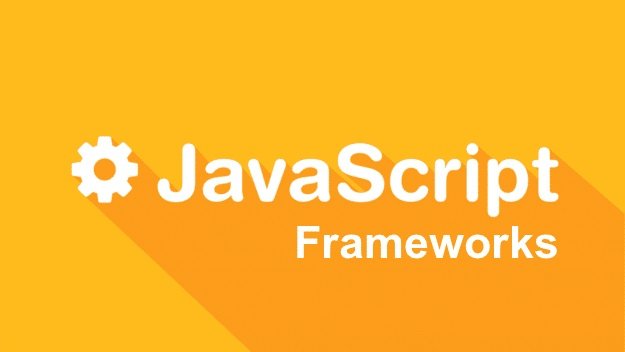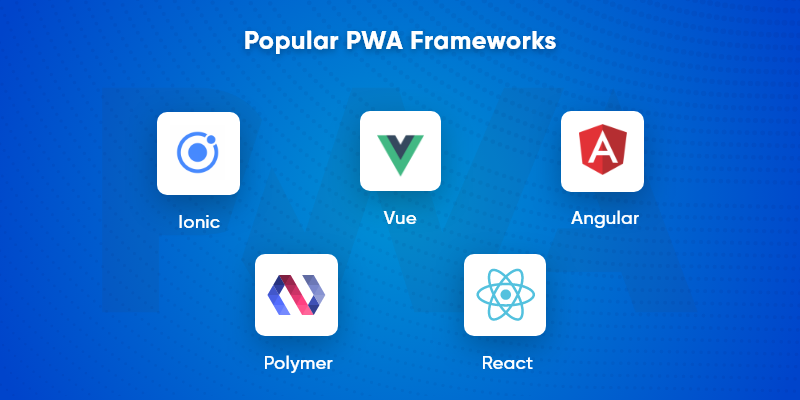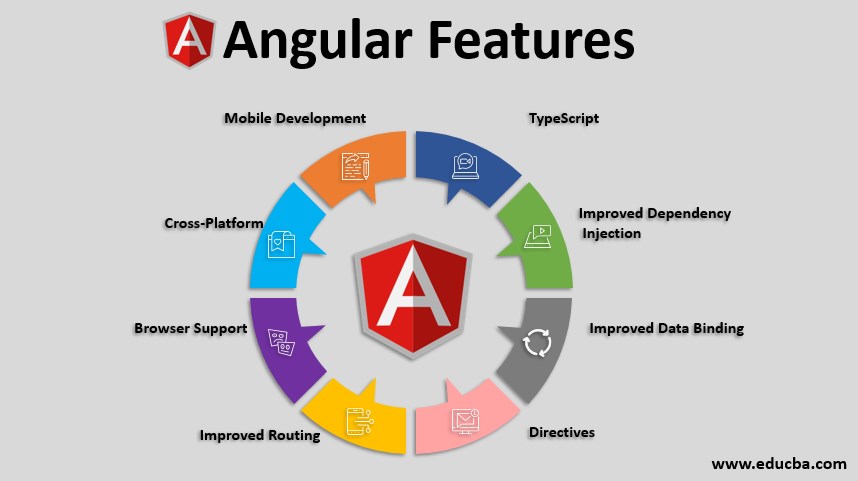In the ever-evolving world of software and web development, choosing the right JavaScript framework can make or break your project’s success. Whether you’re a small business owner, startup founder, freelance designer, or leading a marketing agency, having a reliable tech stack is critical. As of 2025, the demand for JavaScript frameworks for web development continues to grow exponentially.
But with so many options — React, Angular, Vue, Next.js, and more — how do you pick the right one?
Let’s explore the top 10 most popular JavaScript frameworks for web development in 2025, their use cases, strengths, weaknesses, and why they matter for your business success.
🔟 1. React.js – The Powerhouse of UI Development
Developed by: Facebook
Type: Frontend
Use Case: Single-page apps (SPAs), dashboards, interactive UIs
Why React?
Virtual DOM for high performance
Huge community and ecosystem
Strong support for component-based architecture
Compatible with mobile via React Native
Best for: Dynamic user interfaces, SaaS platforms, and interactive web applications
9️⃣ 2. Vue.js – Lightweight and Beginner-Friendly
Developed by: Evan You
Type: Frontend
Use Case: Lightweight web apps, progressive enhancements
Why Vue.js?
Easy learning curve
Two-way binding
Flexible and modular architecture
Seamless integration with existing projects
Best for: Freelancers, startups, and small teams wanting speed and flexibility
8️⃣ 3. Angular – Enterprise-Grade Framework
Developed by: Google
Type: Frontend
Use Case: Complex enterprise applications
Why Angular?
Full-fledged MVC framework
Built-in modules for routing, form validation, HTTP, etc.
TypeScript support ensures cleaner code
Ideal for large-scale apps
Best for: Corporates, government applications, and large-scale platforms
7️⃣ 4. Next.js – Best for SEO-Friendly React Apps
Developed by: Vercel
Type: Fullstack (Frontend + SSR)
Use Case: Static websites, dynamic content, eCommerce
Why Next.js?
Server-side rendering (SSR) and static site generation
SEO optimization
Built-in routing and API handling
Fast builds with incremental static regeneration
Best for: eCommerce, blogs, and SEO-heavy business sites
6️⃣ 5. Nuxt.js – Vue’s Answer to Next.js
Developed by: Nuxt Labs
Type: Fullstack (Vue + SSR)
Use Case: SEO-focused Vue apps
Why Nuxt.js?
SSR and static site generation
Modular architecture
Built-in routing, state management
Developer-friendly CLI
Best for: Agencies and freelancers using Vue needing high performance
5️⃣ 6. Node.js – For Fullstack and Backend JavaScript
Developed by: OpenJS Foundation
Type: Backend
Use Case: APIs, real-time apps, server-side scripting
Why Node.js?
Non-blocking, event-driven architecture
Scalable and high-performance for concurrent users
NPM offers massive libraries
Works well with frameworks like Express, NestJS
Best for: Real-time apps, chatbots, serverless apps
4️⃣ 7. Svelte – The New-Age Compiler-Based Framework
Developed by: Rich Harris
Type: Frontend
Use Case: Performance-centric web apps
Why Svelte?
Compiles code to pure JS (no virtual DOM)
Lightning-fast runtime
Clean syntax, no boilerplate
Reactive state management
Best for: Performance-obsessed developers, animations, mobile-friendly sites
3️⃣ 8. Remix – Built for Modern Web Standards
Developed by: Remix.run
Type: Fullstack (React-based)
Use Case: Data-driven web apps
Why Remix?
Embraces modern web fundamentals
Fine control over caching, loaders, and streaming
Focused on performance and accessibility
Best for: Scalable apps with complex data handling
2️⃣ 9. Gatsby.js – Static Site Generator for React
Developed by: Gatsby Inc.
Type: Static Site Generator
Use Case: Blogs, portfolios, static content websites
Why Gatsby?
Optimized for performance
Headless CMS compatibility
Rich plugin ecosystem
Fast load times, great Lighthouse scores
Best for: Portfolios, blogs, and SEO-optimized business sites
1️⃣ 10. Meteor.js – Build Apps in Hours, Not Days
Developed by: Meteor Development Group
Type: Fullstack
Use Case: Real-time apps, MVPs
Why Meteor?
Full-stack solution from frontend to backend
Realtime updates via WebSockets
Built-in account/auth system
Best for: MVPs, internal dashboards, real-time collaboration tools
📌 Final Thoughts: Which Framework Is Right for You?
Choosing the right JavaScript framework for web development in 2025 depends on your project needs, team experience, and business goals. Here’s a quick cheat sheet:
| Framework | Best For |
|---|---|
| React | Versatile SPAs, scalable apps |
| Vue | Beginners, small teams |
| Angular | Enterprise-level apps |
| Next.js | SEO-focused web apps |
| Nuxt.js | Vue-based SSR or static sites |
| Node.js | Backend and fullstack development |
| Svelte | Ultra-light, performance-first apps |
| Remix | Progressive React applications |
| Gatsby | Static sites, headless CMS |
| Meteor | MVPs, chat apps, quick launches |
🔗 Want to Build a High-Performance Web App?
At Digital WebXpert, we help businesses build modern, lightning-fast websites using the latest JavaScript frameworks for web development.
👉 Need expert help? Let’s build your project together »
A Guide to Secure Web Development: Protecting Your Site and Users



